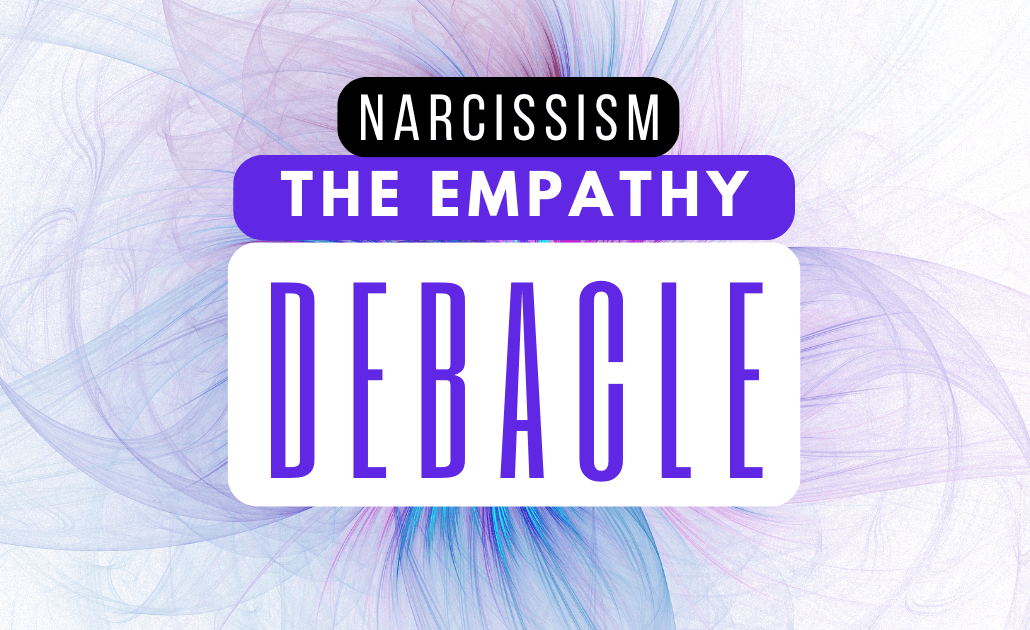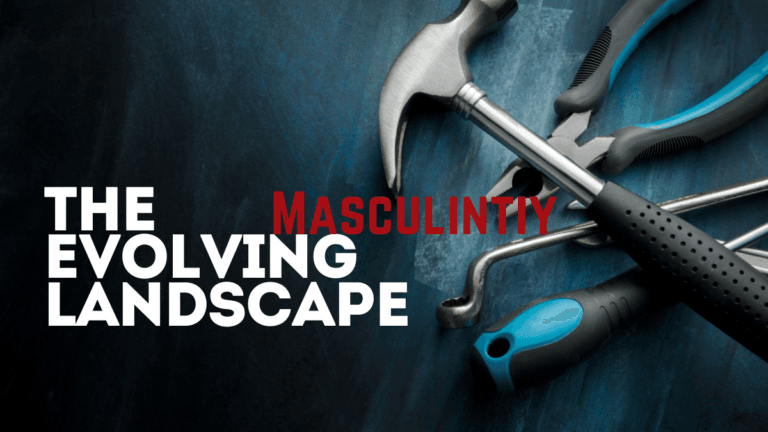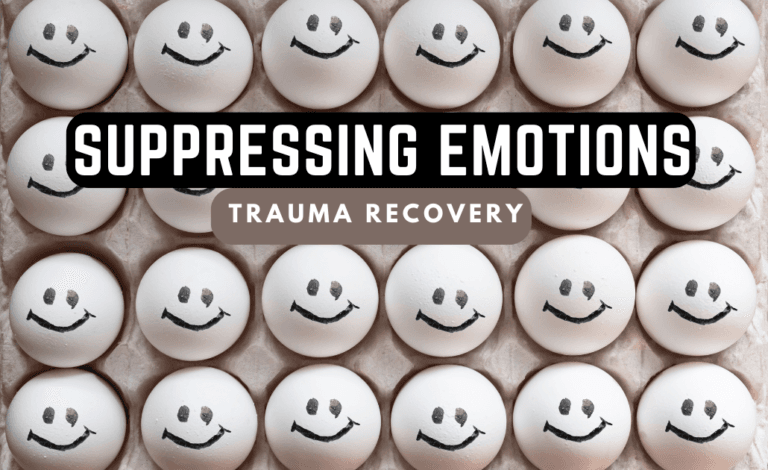Empathy Debacle: 6 Examples of Deficiency: Instances of Insensitivity in Everyday Interactions
Is Society Becoming Narcissistic?
Empathy is a fundamental human trait that allows us to understand and share the emotions of others. It forms the basis of healthy relationships, effective communication, and a compassionate society.
Unfortunately, empathy deficiency is becoming increasingly prevalent in our fast-paced and digitally-driven world.
This article explores various instances of insensitivity that highlight a lack of empathy in everyday life. By shedding light on these examples, we can collectively work towards cultivating a more empathetic society.
Table of Contents
Dismissive Listening
One common manifestation of empathy deficiency is dismissive listening. In conversations, people may be physically present, but fail to actively engage or acknowledge the feelings of the person speaking. For instance, imagine a friend pouring their heart out about a recent breakup, only to receive a half-hearted response like, “Just get over it.” Such a reaction demonstrates a lack of empathy, as it undermines the emotional experience and fails to provide the support needed.
Social Media Trolling
The rise of social media platforms has given individuals a virtual platform to express their thoughts and opinions. Unfortunately, this has also fueled a culture of trolling, where individuals intentionally seek to provoke and hurt others. Lack of empathy is evident in the comments section of posts, where insensitive remarks, personal attacks, and cyberbullying thrive. These actions disregard the impact of hurtful words on individuals and perpetuate a toxic online environment.
Workplace Competition
In competitive work environments, empathy deficiency often emerges as individuals prioritize personal success over collaboration and support. For instance, imagine a colleague stealing credit for a team project’s success without acknowledging the contributions of others. This lack of empathy disregards the effort and dedication of fellow team members, breeding hostility and eroding trust within the workplace.
Customer Service Neglect
In the realm of customer service, empathy deficiency can be particularly frustrating for individuals seeking assistance. Picture a scenario where a customer approaches a service representative with a complaint or concern, only to be met with indifference and a lack of understanding. The representative’s failure to empathize with the customer’s situation hampers the resolution process, leaving the customer feeling unvalued and unheard.
Prejudice and Discrimination
Prejudice and discrimination are stark examples of empathy deficiency on a societal level. When individuals judge others based on their race, ethnicity, gender, or any other characteristic, they fail to recognize and appreciate the experiences and struggles of others. This lack of empathy perpetuates stereotypes, fosters division, and obstructs the development of an inclusive society.
Recognizing the lack of empathy in everyday life is crucial for fostering a more compassionate and understanding society. By acknowledging and addressing these instances of insensitivity, we can promote empathy as a core value in our interactions. Let us strive to create a world where empathy thrives and acts as a catalyst for positive change.
Have you seen lack of empathy in these areas?
What about Narcissistic Relationships?
Narcissists are individuals who display a pervasive pattern of grandiosity, a need for admiration, and a lack of empathy. While it’s important to note that not all individuals with narcissistic traits or a narcissistic personality disorder completely lack empathy, a significant characteristic of narcissism is the difficulty they have in experiencing and demonstrating empathy.
Empathy is the ability to understand and share the feelings of others, to put oneself in another person’s shoes, and to respond to their emotional state with compassion. It involves recognizing and responding to the emotions, needs, and perspectives of others.
However, narcissists struggle with empathy due to various factors:
Narcissists Struggle with Empathy
Self-centeredness: Narcissists have an excessive preoccupation with themselves and their own needs. They often prioritize their own desires, aspirations, and well-being over others. This self-centeredness makes it challenging for them to genuinely understand and relate to the emotions and experiences of those around them.
Lack of emotional regulation: Narcissists typically have difficulties regulating their own emotions. They may have an inflated sense of self-importance and fragile self-esteem. Their focus is primarily on maintaining their self-image and seeking admiration from others. Consequently, they may disregard or invalidate the emotions of others if it doesn’t align with their own needs or self-perception.
Lack of perspective-taking: Empathy requires the ability to step outside one’s own perspective and understand the viewpoint of others. Narcissists often struggle with this aspect as they have limited capacity to consider or appreciate alternative perspectives. They may lack the cognitive and emotional flexibility necessary to understand the experiences of others.
Empathy-impairing defenses: Narcissists employ various defense mechanisms, such as denial, projection, and rationalization, to protect their self-image and avoid acknowledging their own flaws or shortcomings. These defense mechanisms hinder their ability to empathize, as they may refuse to accept responsibility for their actions, deflect blame onto others, or minimize the impact of their behavior on others.
Lack of genuine emotional connection: Narcissists often engage in relationships primarily for personal gain or to reinforce their self-image. They may manipulate others to meet their needs and lack genuine emotional connection. Consequently, they may struggle to genuinely understand and respond to the emotions of others, as their focus is primarily on themselves.
Not Everyone
It is important to note that not all self-centered individuals or those with high self-esteem are narcissistic. Narcissistic personality disorder represents an extreme and pervasive pattern of these traits that significantly impair an individual’s ability to empathize with others.
Empathy Deficit
While empathy deficits are a key characteristic of narcissism, it is worth mentioning that empathy exists on a spectrum, and individuals can display varying levels of empathy depending on the situation and their overall psychological makeup.
Some narcissists may exhibit what is known as “cognitive empathy” or “cold empathy,” which involves understanding another person’s emotions on an intellectual level without necessarily experiencing or genuinely connecting with those emotions. This form of empathy allows them to manipulate or exploit others by strategically using their understanding of emotions for personal gain.
However, narcissists typically struggle with “affective empathy” or “emotional empathy,” which involves not only understanding but also sharing and resonating with another person’s emotions. They often have difficulty recognizing or validating the emotional experiences of others because they are primarily focused on their own needs, desires, and self-image.
Related: Tips to Manage Empathy – Must Read
It’s important to note that narcissists may sometimes mimic empathy as part of their manipulative tactics or to maintain their desired image. This can make it challenging for others to recognize their lack of genuine empathy, especially in the early stages of a relationship or interaction. However, over time, the consistent patterns of self-centeredness, lack of emotional connection, and disregard for others’ feelings become more apparent.
The absence of empathy in narcissists can have significant effects on their relationships and interactions with others. It often leads to difficulties in forming deep and meaningful connections, maintaining long-term relationships, and responding appropriately to the needs and emotions of others. Their lack of empathy can cause emotional harm to those around them and create a toxic dynamic within their relationships.
It is important to approach individuals with narcissistic traits or a narcissistic personality disorder with caution and seek professional help if you are dealing with the effects of such relationships. Additionally, individuals with narcissistic traits may benefit from therapy or interventions that address their self-centeredness, emotional regulation difficulties, and limited perspective-taking abilities to foster healthier interpersonal dynamics.
In summary, the lack of empathy is a key characteristic of narcissism, stemming from their self-centeredness, emotional regulation challenges, limited perspective-taking, defense mechanisms, and lack of genuine emotional connection. Understanding this aspect of narcissism can be helpful in recognizing and navigating relationships with individuals who display narcissistic traits.
Has this article been helpful? Drop a comment and let us know…








